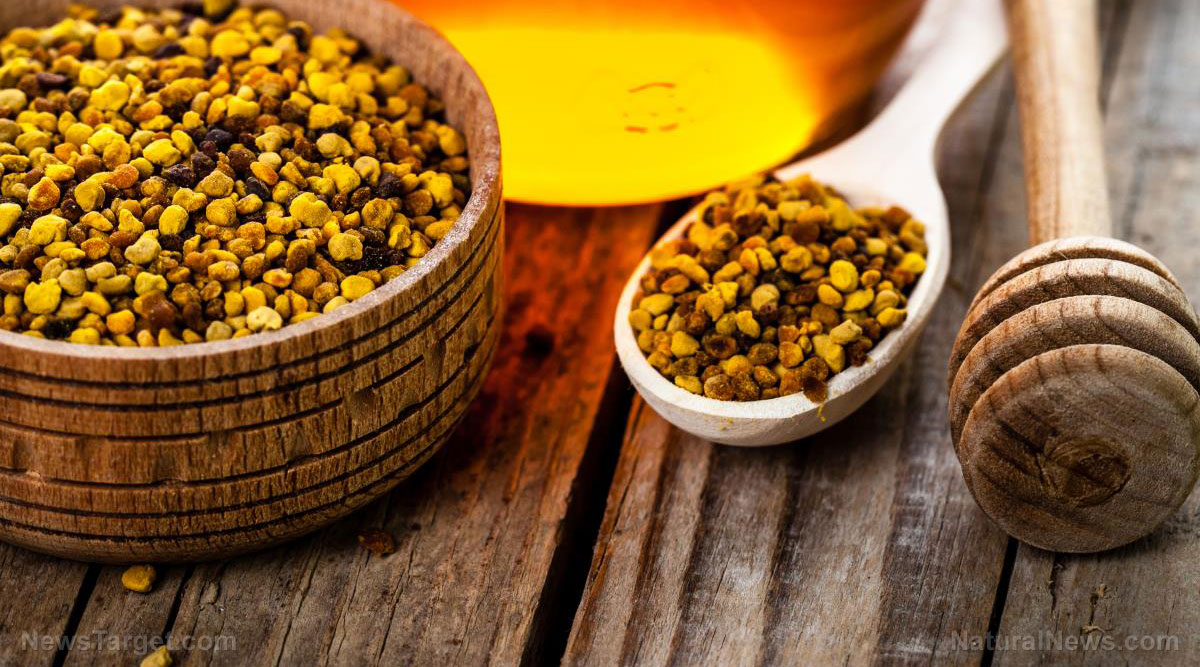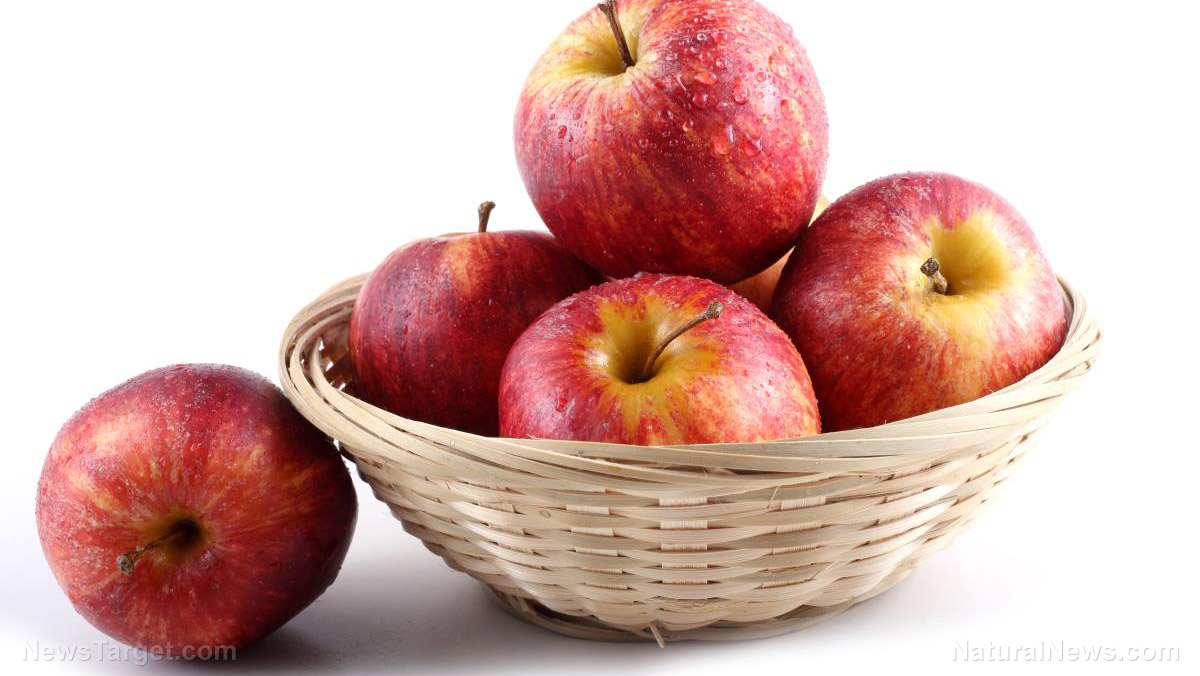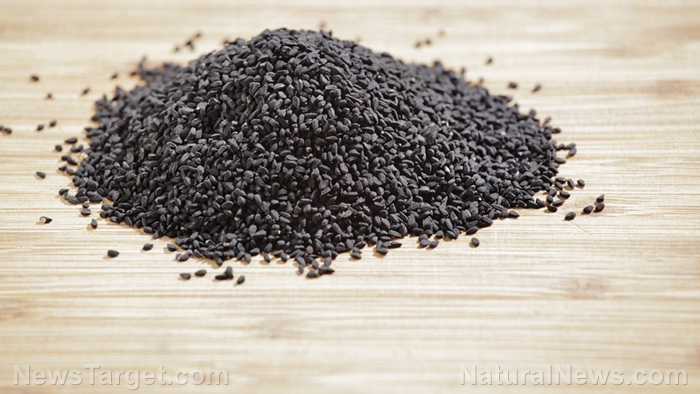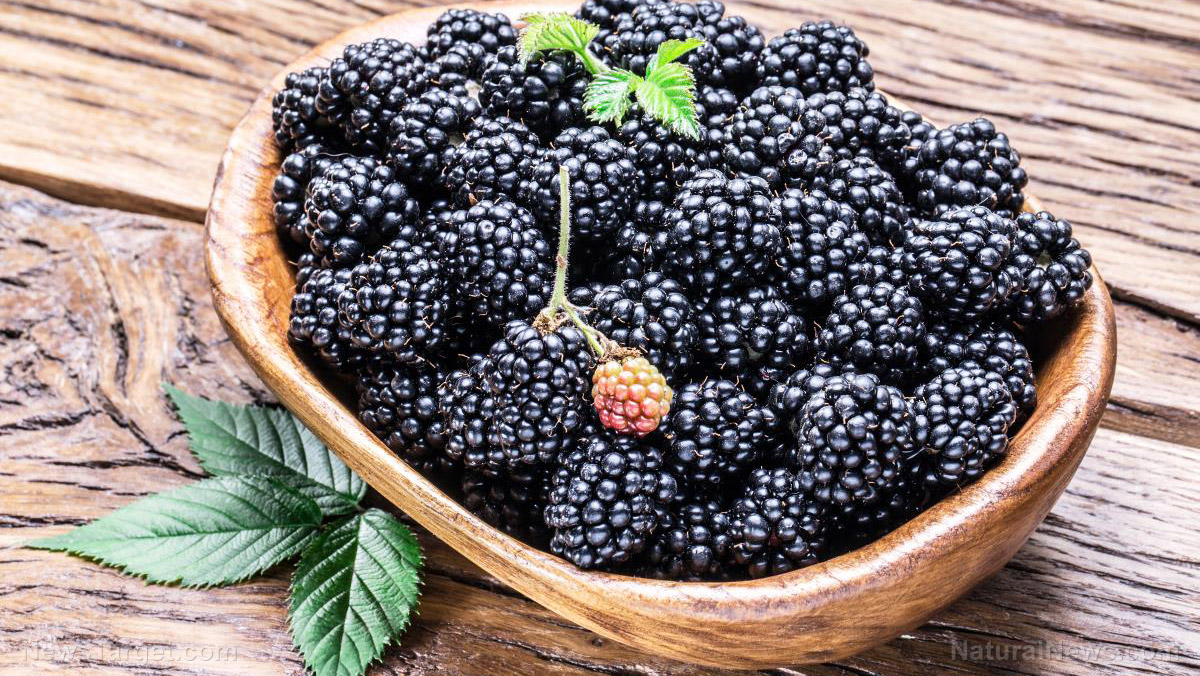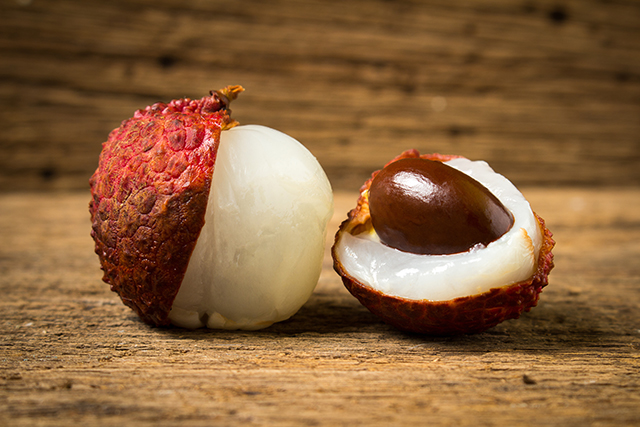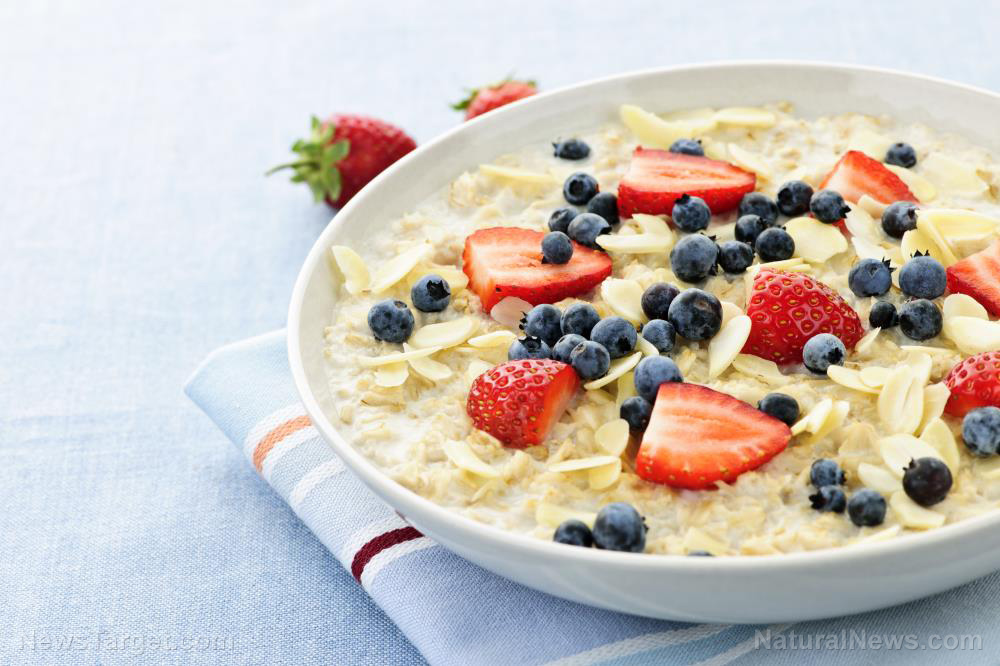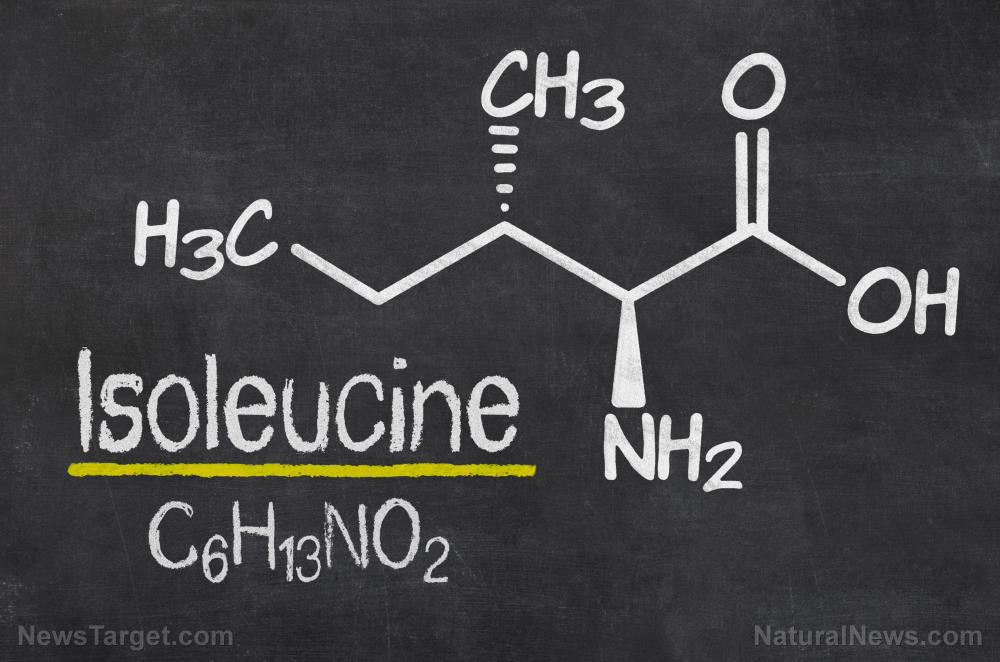Probiotics for your heart: Eat yogurt twice a week to reduce risk of heart attack in those with high blood pressure by up to 30%
03/05/2018 / By Zoey Sky
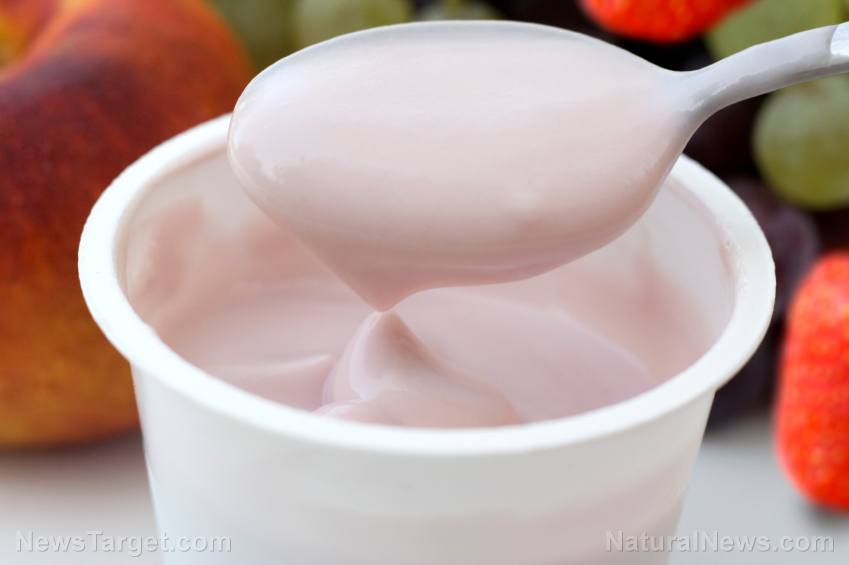
Results from a recent study reveal that probiotic-rich yogurt can help reduce the risk of a heart attack by at least 30 percent in individuals who have high blood pressure. The study reveals that consuming at least two servings of yogurt weekly will help lower the risk of women with hypertension suffering a cardiovascular event, like a heart attack or stroke, by as much as 30 percent. The risk is minimized by 19 percent in men.
The researchers posit that this is possible thanks to the powerful combination of natural yogurt’s fermentation and calcium content, which is good for the hearts of at-risk individuals. Earlier studies show that calcium is crucial to the normal contraction and relaxation of the heart. Meanwhile, probiotics, which can be found in fermented foods, help reduce blood pressure.
Justin Buendia, a study author from Boston University, shares that the results of their study reveal significant new data which prove that yogurt can boost heart health. A diet consisting of yogurt, fiber-rich fruits, vegetables, and whole grains can do wonders for an individuals heart health. (Related: Eating yogurt regularly found to help lower blood pressure.)
In the U.S., a whopping 1.5 million heart attacks and strokes occur annually.
How the research was carried out
For the study, the researchers analyzed data from 55,898 women who were aged 30 to 55 from the Nurses’ Health Study and 18,232 men aged 40 to 75 from the Health Professionals Follow-Up Study. Each participant was diagnosed with high blood pressure and they were monitored for at least 30 years.
The men and women who took part in the study accomplished food questionnaires, and the scientists used their answers to determine their average yogurt consumption. The study’s findings were published in the American Journal of Hypertension.
The study on yogurt and its connection to heart health follows an earlier study, published last January, which posited that vitamin D is an “inexpensive solution” to drugs. Researchers determined that the “sunshine supplement” helps repair and prevent damage to the heart due to diabetes and high blood pressure. Vitamin D helps stimulate the production of nitric acid, which is used to regulate blood flow and prevent the formation of blood clots thanks to the first study of its kind. The vitamin also helps minimize “internal stress'” in the cardiovascular system, which could prevent heart-related incidents.
Dr, Tadeusz Malinski, a study author from Ohio University, explains that not a lot of known systems can help restore cardiovascular cells that are already damaged, yet vitamin D can do it. He concludes that the vitamin is a viable and affordable solution to repair the cardiovascular system. He believes that there’s no need to work on a new drug thanks to vitamin D.
Heart-healthy foods
Here’s a list of heart-healthy foods that you can add to your yogurt:
- Apples — Apples can help lower risk of death from both coronary heart disease and cardiovascular disease. The fruit contains pectin, a form of soluble fiber that helps lower cholesterol. Apples also contain vitamin C, another antioxidant.
- Berries — Berries like strawberries, red raspberries, and black currants contain polyphenols, health-promoting plant compounds that includes anthocyanins and ellagic acid. Polyphenols can help boost nitric oxide levels, a molecule that has various heart-healthy effects. It helps relax blood vessels, which then lowers blood pressure.
- Dark chocolate — Dark chocolate has flavanol, which can help thin blood and improve cardiovascular health.
- Nuts — Nuts are rich in vitamins, minerals, heart-healthy monounsaturated fats, and low levels of saturated fats. Sources include walnuts, pecans, almonds, hazelnuts, pistachios, pine nuts, and peanuts.
You can read more articles about fresh food and tips on how to eat healthy at Fresh.news.
Sources include:
Tagged Under: blood pressure, calcium, diet, food science, gut health, heart attack, ingredients, nutrition, prevention, probiotics, research, yogurt



